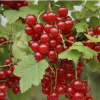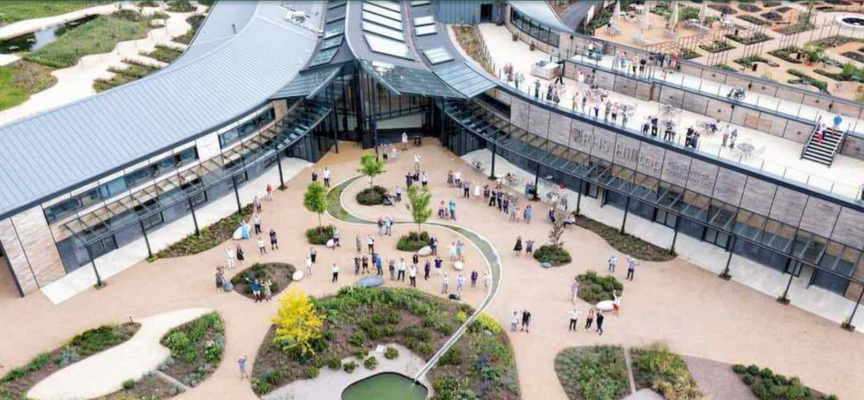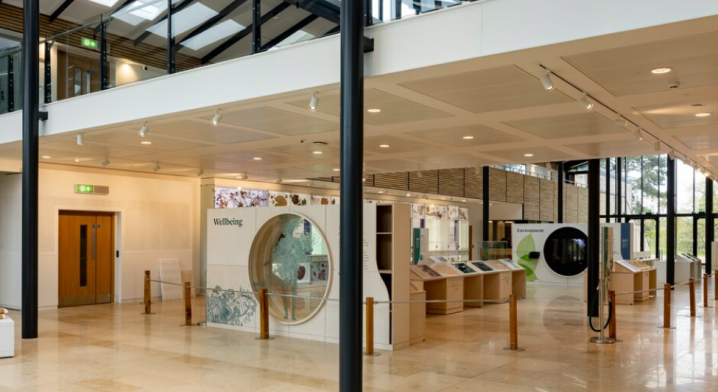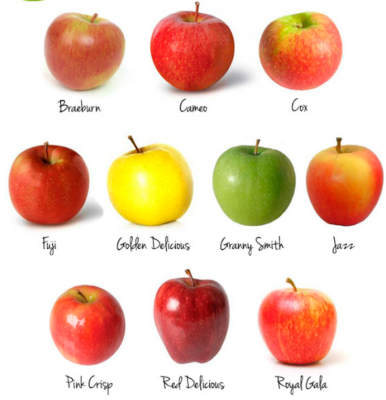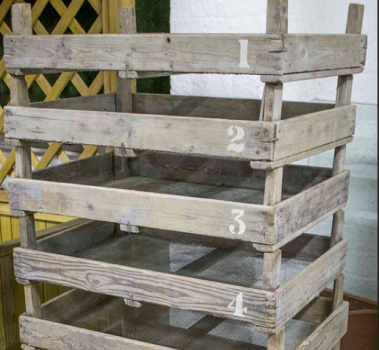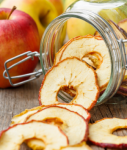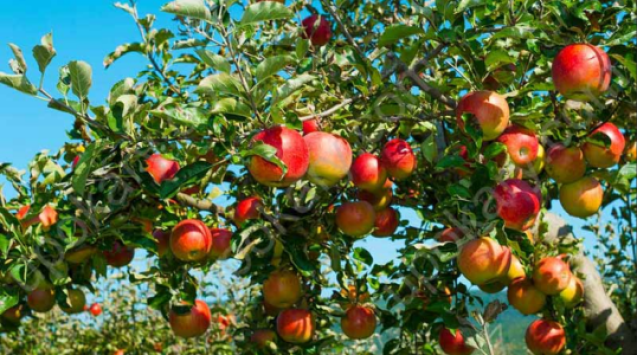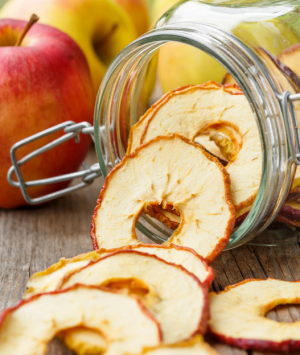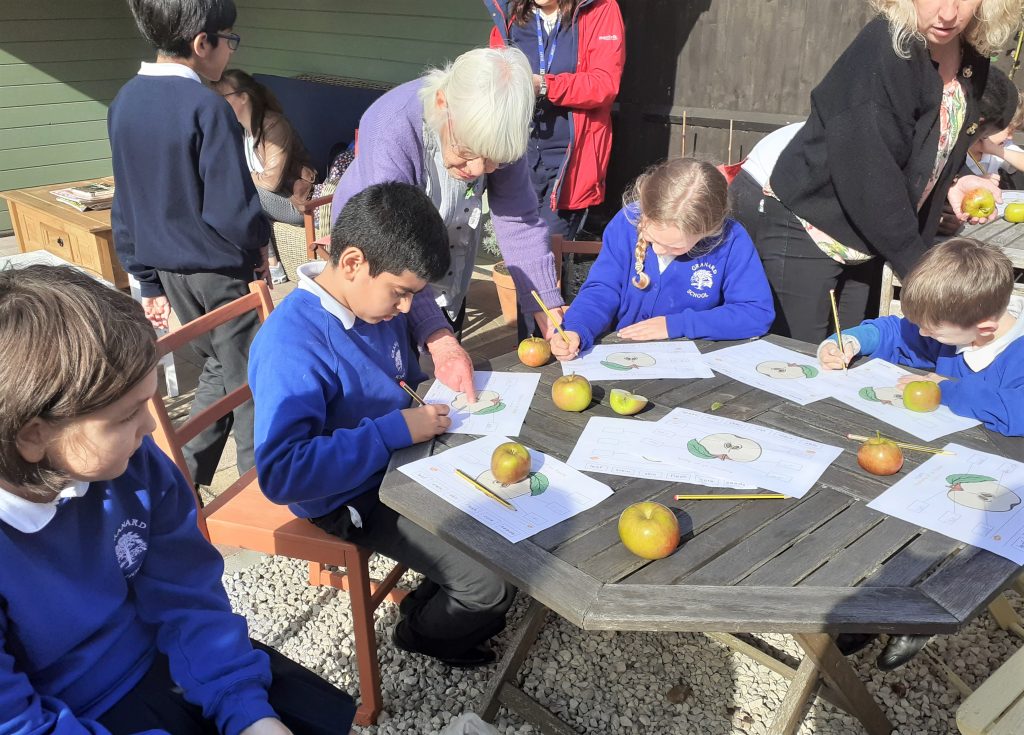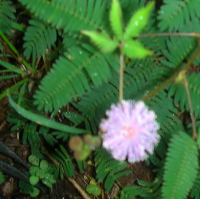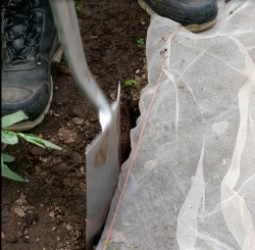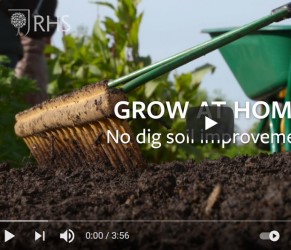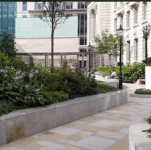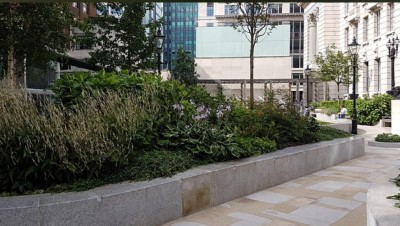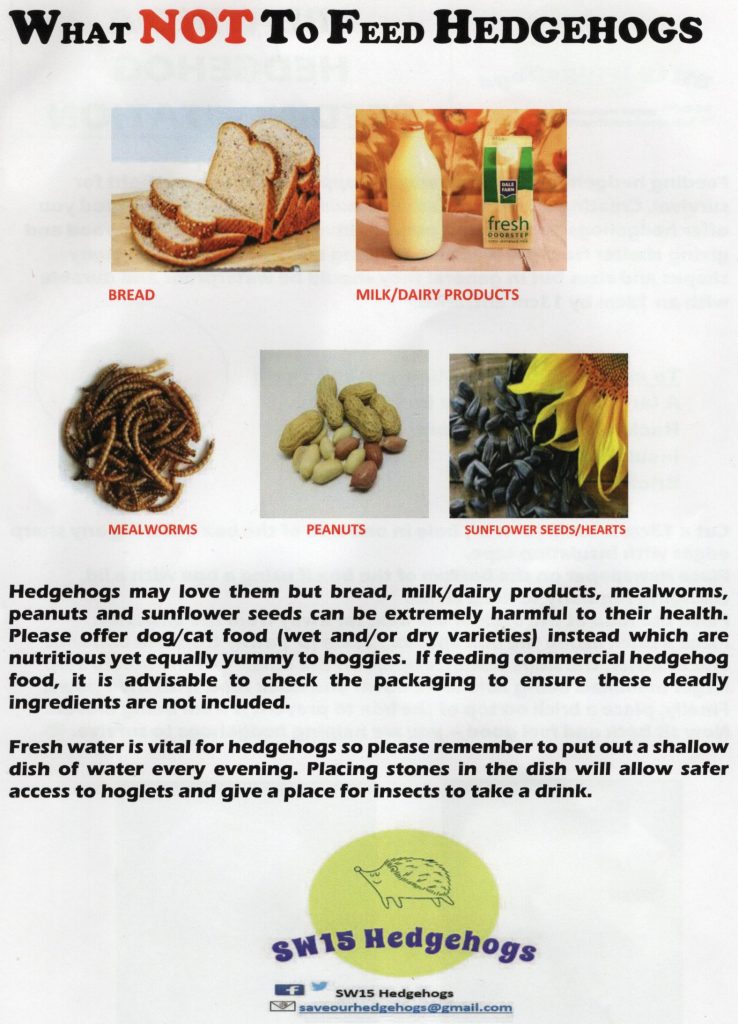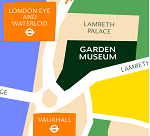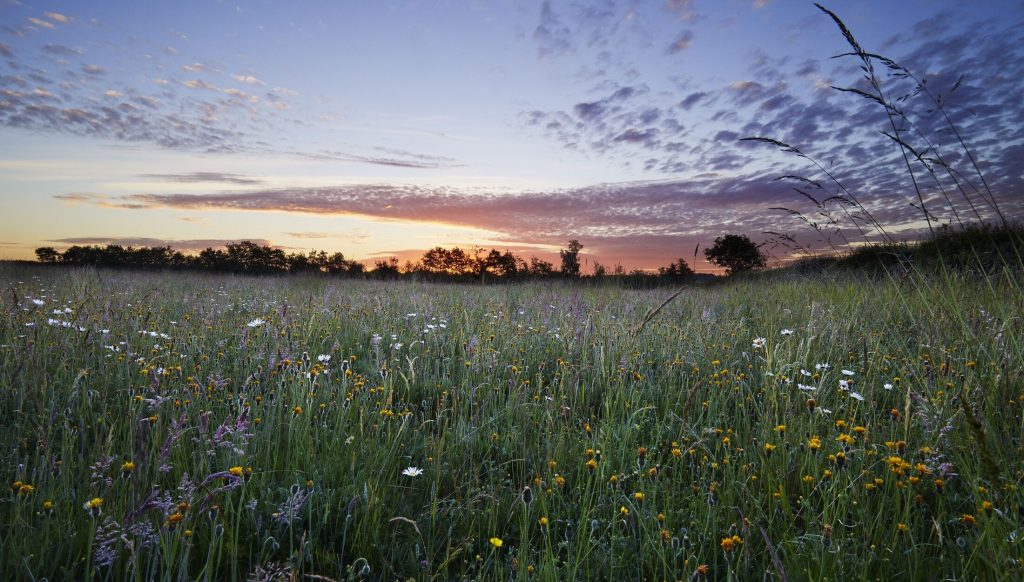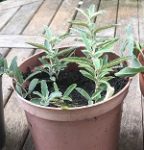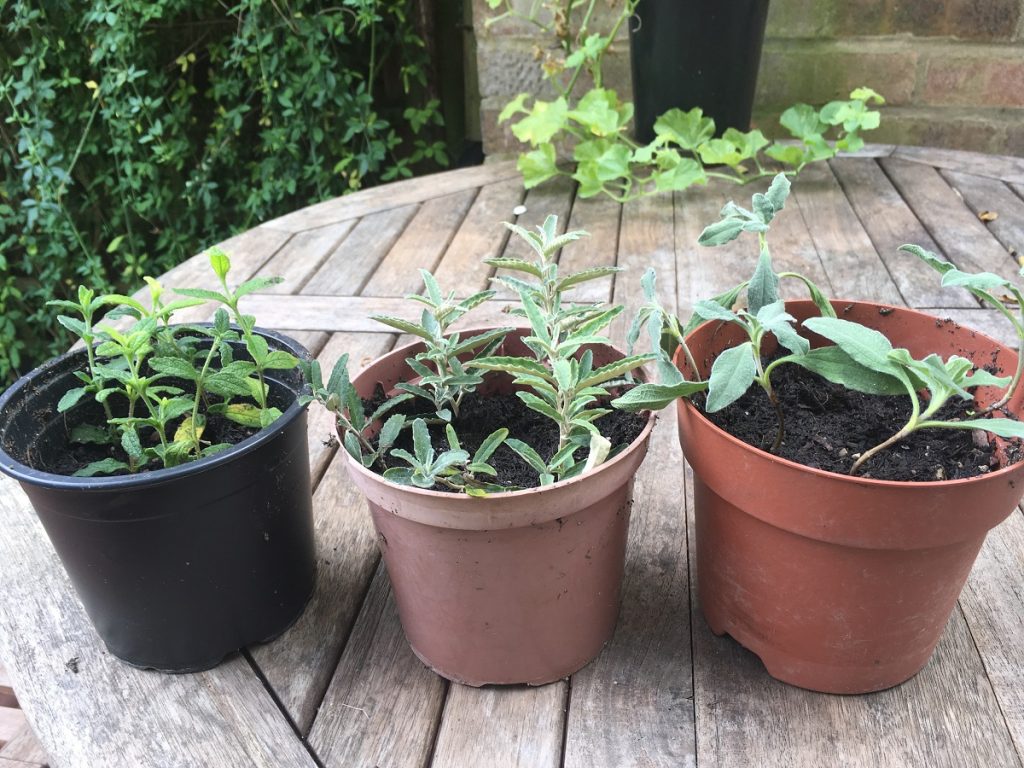The latest project from Putney Community Gardeners is a year long plan to establish a forest garden on a new site located at the corner of Carslake road and Hayward road. A consultation event is planned for those living locally, near the site, as the design will influence their local environment, access, lighting, play spaces etc. If you consider yourself to be local, or are interested in longer term care for the site, then pencil in November 28th (note change of date!) in your diary and look out for more details soon!
They say:
We are currently looking to put together a core team who are able to dedicate about 2-4 hours per week to see this project to fruition. If you’re interested in finding out more, we will be having a zoom call from 6-7:30pm on Tuesday the 19th of Feb where you can find out more about the project and decide if you’d like to join the core team. If you’re interested in attending this call please email info@putneycommunitygardens.org and we’ll send you a link.
Putney Community Gardeners have so many interesting growing spaces now – you might like to check them out on this interactive map: here

